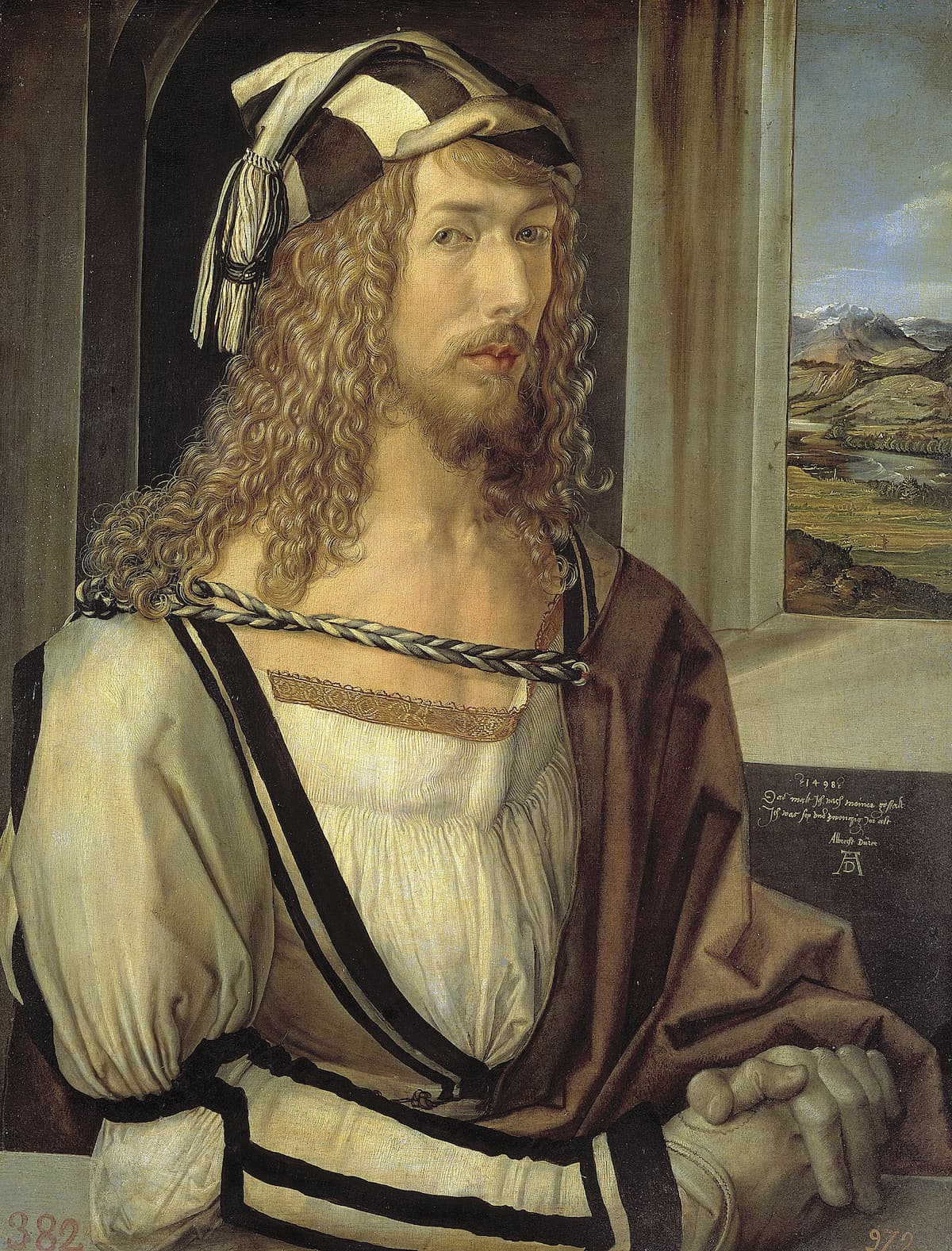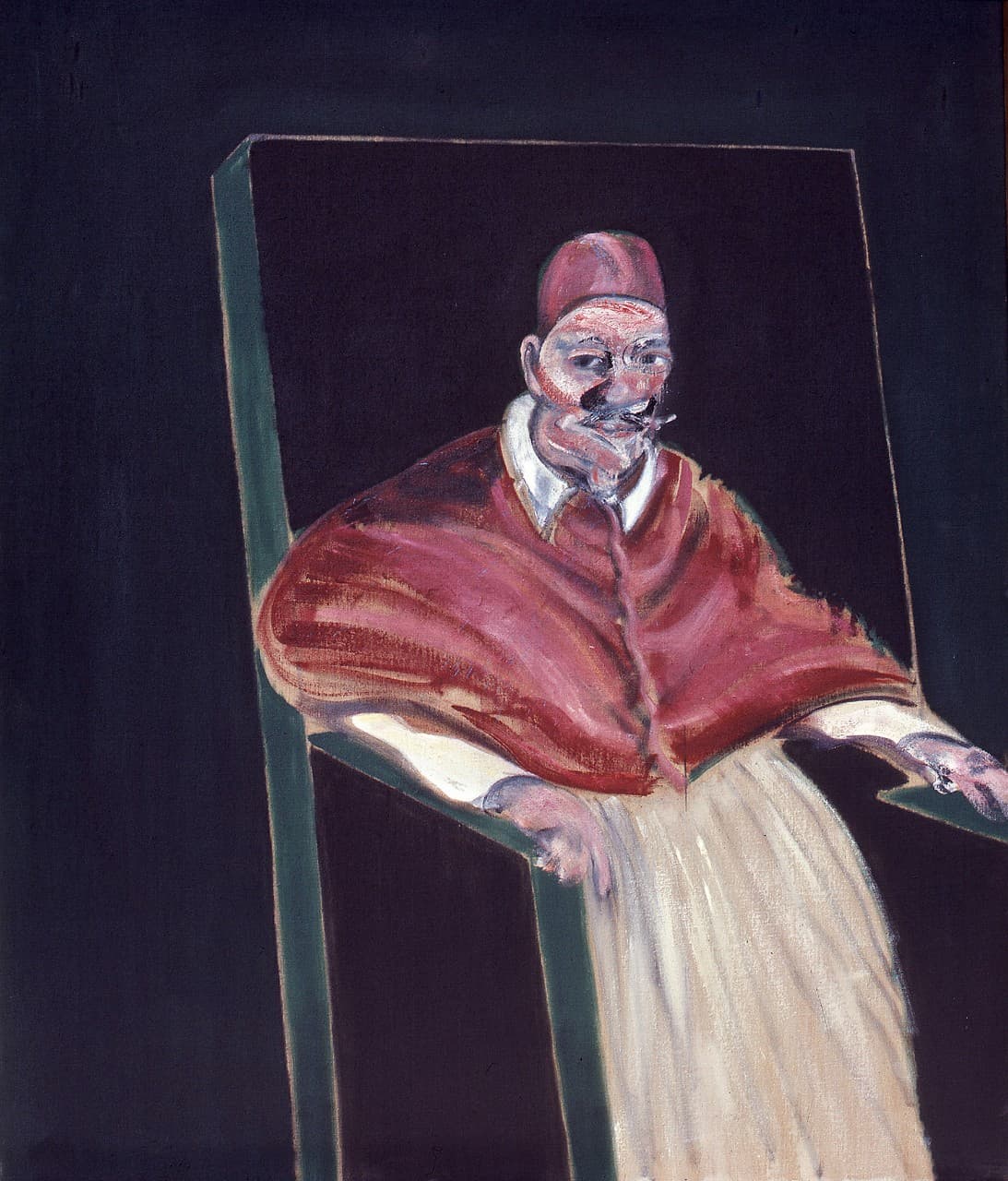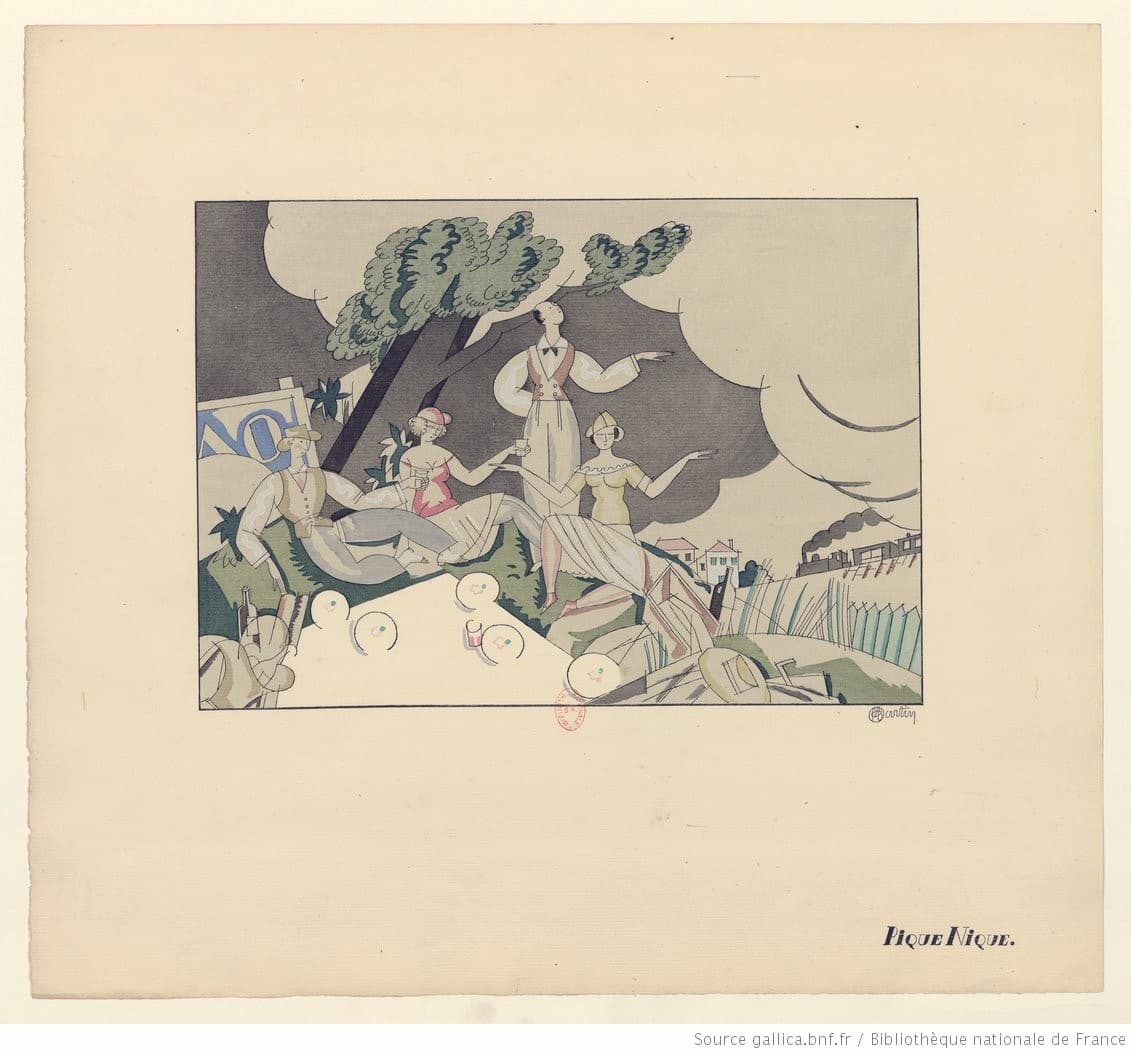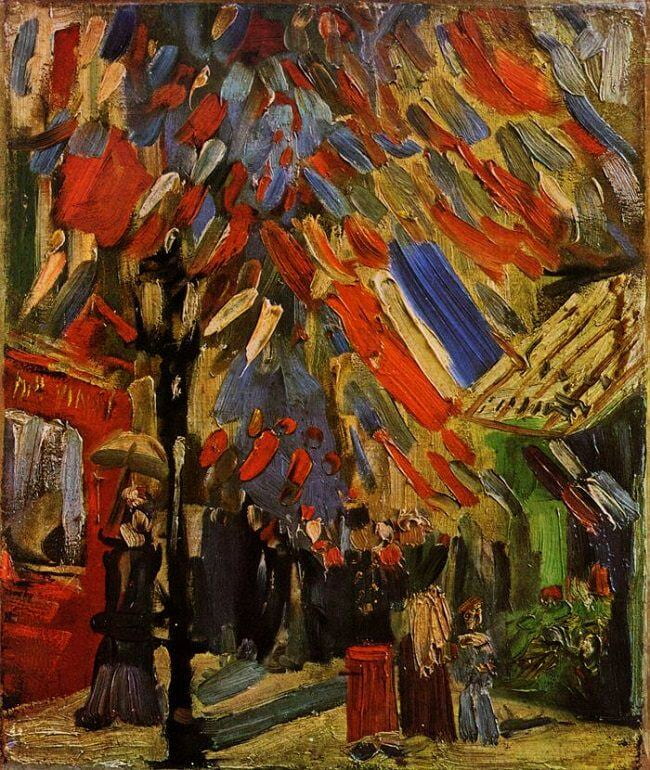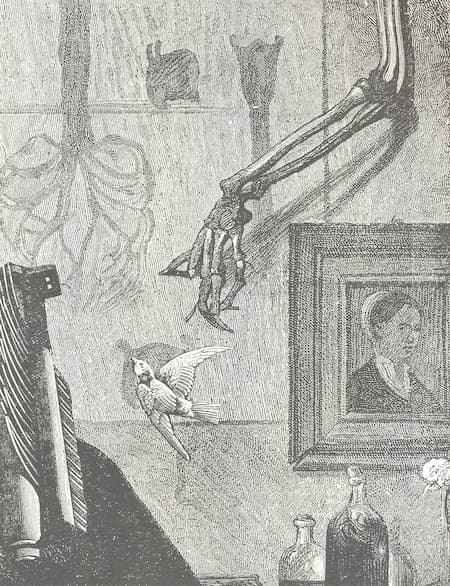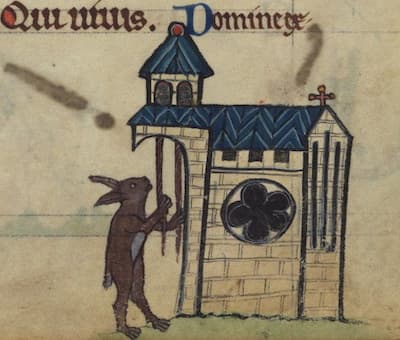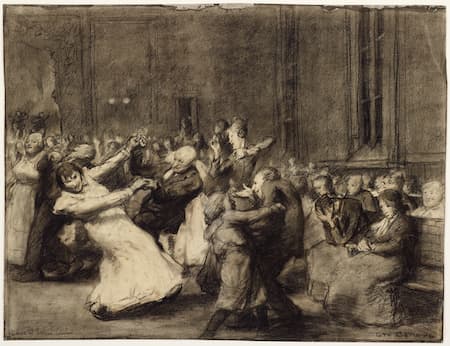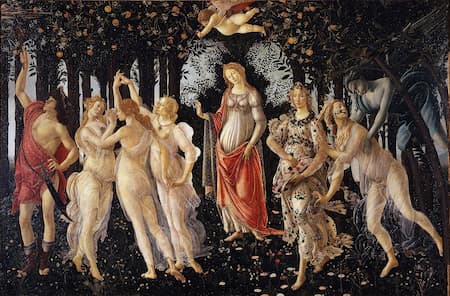In 1498, in response to the announcement of the end of the world that the European Christian world believed would happen in 1500, the 27-year-old Albrecht Dürer (1471-1528) completed his sixteen designs for the Apokalyse (Apocalypse). Dürer was born in
Painting
Mark-Anthony Turnage: Three screaming popes British artist Francis Bacon (1909-1992) was a figurative painter in terms of starting with a figure. Where he took that figure, into often unsettling portraits, made him one of the giants of contemporary British art.
Erik Satie: Sports et Divertissements Erik Satie‘s piano cycle Sports et divertissements was inspired by twenty drawings by the caricaturist Charles Martin, or perhaps it was the other way around: it was Satie’s ideas for the music that inspired the
Thea Musgrave: The Seasons Inspired by Paintings From the 15th to 20th Century When we think of a musical work called The Seasons, we first think of Vivaldi’s set of violin concertos or Glazunov’s ballet or Tchaikovsky’s cycle for piano,
George Antheil: La femme 100 têtes In 1929, the German/American/French artist Max Ernst (1891-1976) created a new kind of graphic novel. In La femme 100 têtes, he created his collage-novel (as he called it) by cutting up illustrations from 19th-century
The character of the trickster fox is everywhere in folktales from around the world. Sometimes he’s evil, but most often he’s a trickster, known for being cunning, wily, and resourceful. Their first mention comes in the fables of Aesop, in
David Leisner: Dances in the Madhouse American realist painter George Bellows (1882–1925) is best known for his realist paintings of New York City. Before that, while still in his student years in the Midwest, he made a drawing based on
Ottorino Respighi: Trittico botticelliano Venus, in the middle, presides over her realm, but as it’s Spring, as we know from the painting’s title, Primavera, the world is a buzz of activity. As we read the painting from right to left,

